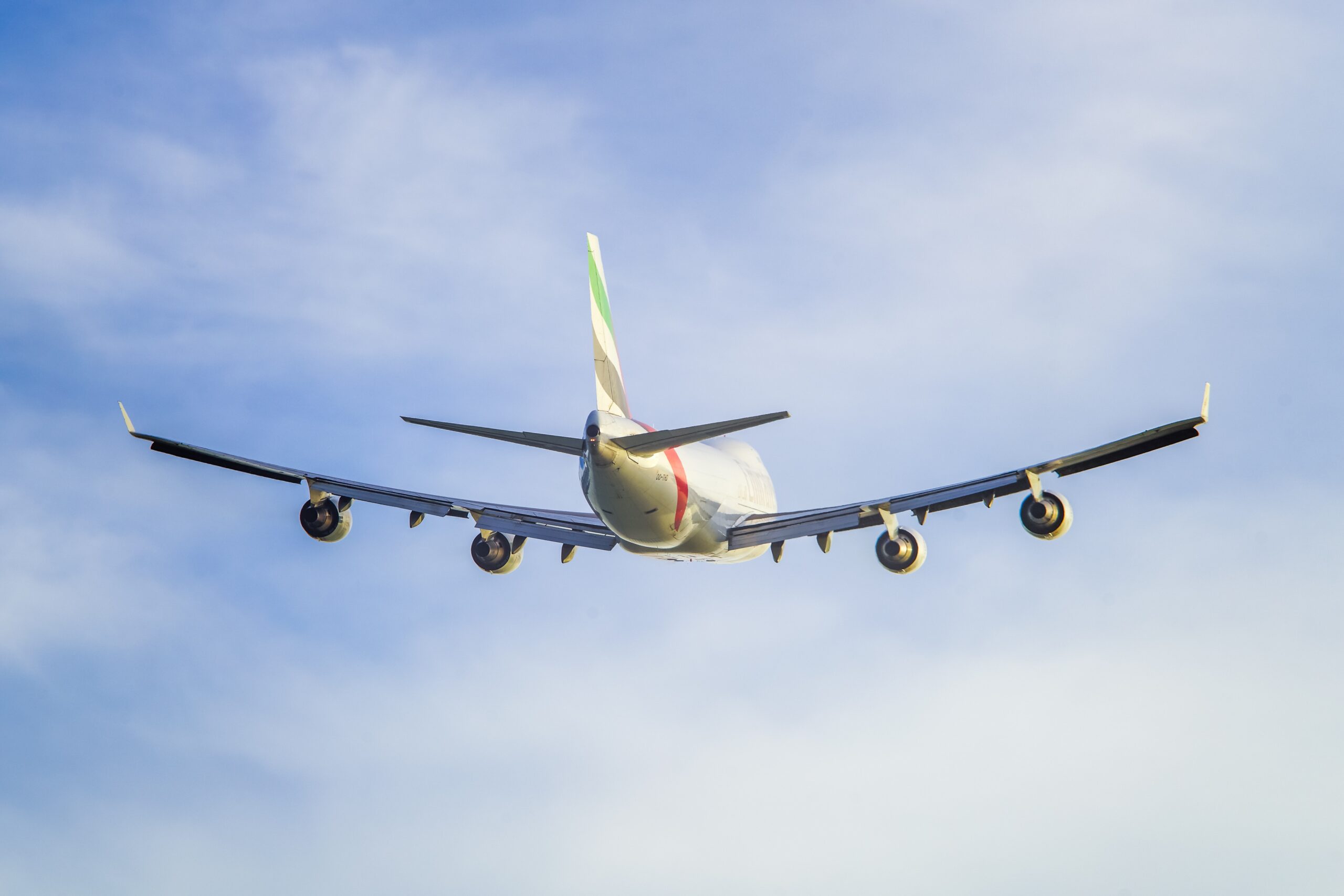IATA has warned that cargo capacity could come under pressure if governments adopt a knee-jerk reaction to the Omicron variant.
The airline association said that in October cargo tonne kms increased by 9.4% compared with 2019 levels, but added that capacity could be affected by any government restrictions on travel in response to the new variant.
IATA director general Willie Walsh said: “October data reflected an overall positive outlook for air cargo. Supply chain congestion continued to push manufacturers towards the speed of air cargo.
“And capacity constraints were slowly resolving as more passenger travel meant more belly capacity for air cargo.
“The impact of government reactions to the Omicron variant is a concern. If it dampens travel demand, capacity issues will become more acute.
“After almost two years of Covid-19, governments have the experience and tools to make better data-driven decisions than the mostly knee-jerk reactions to restrict travel that we have seen to date.
“Restrictions will not stop the spread of Omicron. Along with urgently reversing these policy mistakes, the focus of governments should be squarely on ensuring the integrity of supply chains and increasing the distribution of vaccines.”
Countries around the world have introduced restrictions on travel from southern Africa as a result of the emergence of the new variant.
However, CLIVE Data Services managing director Niall van de Wouw said that so far this has not had a major impact on capacity as airlines had been flying passenger aircraft on cargo-only operations anyway.
Supply chain disruption continues to drive demand
IATA said that demand growth during October was in part fueled by ongoing supply chain disruption.
“Supply chain disruptions and the resulting delivery delays have led to long supplier delivery times,” the association said. “This typically results in manufacturers using air transport, which is quicker, to recover time lost during the production process.”
Cargo load factors for the month stood at 56.1%, which is a 8.5 percentage point increase compared with 2019 levels.
Looking at regional performance, Asia Pacific airlines saw cargo traffic in October increase by 3.6% on 2019.
“The improvement was partly driven by increased capacity on Europe-Asia routes as several important passenger routes reopened,” IATA said.
North American carriers saw cargo demand grow by 18.6% on two years ago with demand for faster shipping times and strong US retail sales are underpinning the North American performance.
European carriers noted a 9% increase in October as “manufacturing activity, orders and long supplier delivery times remain favorable to air cargo demand”.
Middle Eastern carriers registered a 9.4% increase, although this was a drop compared with the previous month due to a deterioration in traffic on several key routes such as Middle East-Asia, and Middle East-North America.
Latin America carriers reported a decline of 5.8% as capacity continued to come under pressure and African carriers continued their strong performance with a 25.9% increase.
The post IATA warns knee-jerk Omicron reaction could hit cargo capacity appeared first on Air Cargo News.
Source: www.aircargonews.net
Image: www.pexels.lv



